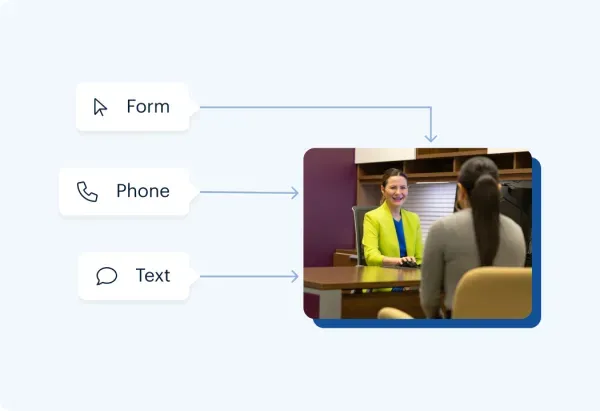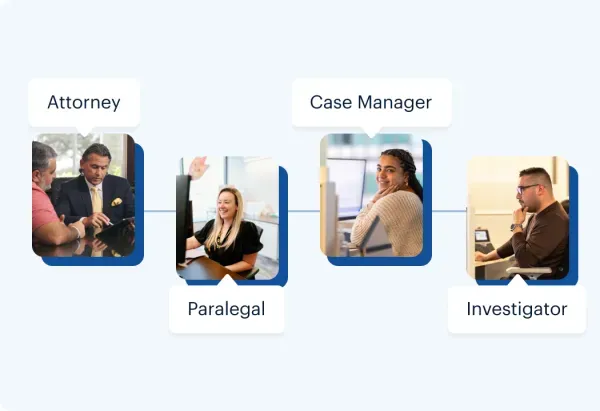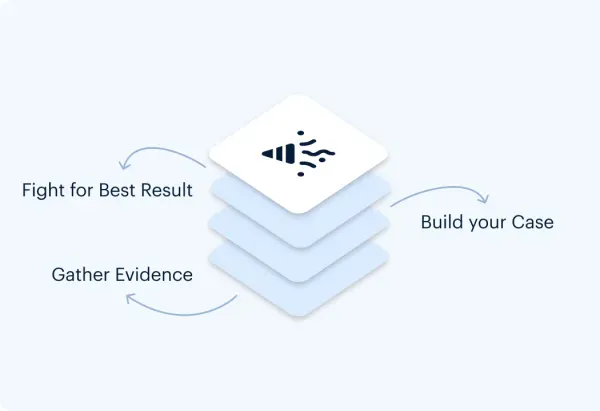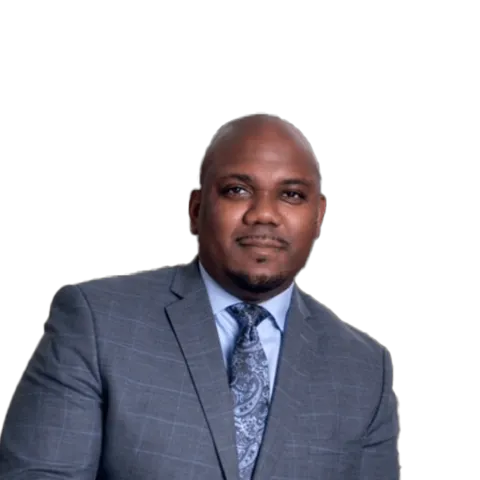Results may vary depending on your particular facts and legal circumstances. The attorney featured above is licensed in Florida. For a full list of attorneys in your state please visit our attorney page.
GEORGIA SWIMMING POOL ACCIDENT ATTORNEYS
Drowning accidents can cause unimaginable loss. We help families seek justice and accountability.
Results may vary depending on your particular facts and legal circumstances. The attorney featured above is licensed in Florida. For a full list of attorneys in your state please visit our attorney page.
Swimming Pool Accident Attorneys in Georgia
During the worst of the stifling heat and humidity of a Georgia summer day, seeking respite at the nearest public or private swimming pool is a popular outdoor recreational activity. Public swimming pools bustle with activity from the moment the gates open to the last message blasted over a set of loudspeakers that the time has arrived for everyone to go home. Although public swimming pools are popular venues to host summertime outdoor recreational activities, they also present several potentially dangerous factors that can cause serious injuries and illnesses.
Public and private swimming pool operators owe visitors a duty of care to protect them from harm. If a swimming pool operator fails to uphold the duty of care doctrine, the facility can be held legally liable for causing an incident that results in injuries. An accident must have caused a victim to sustain injuries and the injuries must have generated financial losses. How do you prove a swimming pool facility should be held legally liable for causing an accident?
The answer lies in working with one of the experienced swimming pool accident attorneys in Georgia. Your lawyer conducts a detailed investigation to discover the cause of an accident, as well as whether another party should be held accountable for committing one or more acts of negligence. Another benefit of hiring one of the best swimming pool accident attorneys in Georgia involves receiving legal support to file an insurance claim. Insurance companies are notoriously stingy when it comes to paying out valid claims.
At Morgan and Morgan, we have provided legal support for clients since 1988 who needed to file an insurance claim. Our team of skilled litigators never hesitates to take a case to trial if the physical evidence warrants filing a civil lawsuit that seeks monetary damages. Morgan and Morgan has recovered more than $14 billion in compensation for our clients that filed personal injury lawsuits. Our personal injury attorneys not only are known for providing superior legal representation but also for negotiating favorable settlements for our clients.
Learn more about how one of the swimming pool accident attorneys in Georgia from Morgan and Morgan can get you the compensation that you deserve by scheduling a free case evaluation.
150,000+ Five Star Reviews
The reasons why clients trust Morgan & Morgan.
Results may vary depending on your particular facts and legal circumstances. Based on select nationwide reviews.
Our Results
How It Works
Unsure what to do next? With 35 years of experience, our personal
injury lawyers will guide you every step of the way.

Contact Us 24/7 - It’s Free
Start your claim

Meet your dedicated attorney
Meet the attorneys

We fight for more
Learn more about the case process
Results may vary depending on your particular facts and legal circumstances. The attorneys shown in these photos may not be licensed in your state. To find an attorney licensed in your area, please visit our attorney page.
Local Care
Backed by America’s Largest Injury Law Firm.
$30 Billion
Recovered for clients
nationwide700,000+
Clients and families
served1,000+
Attorneys across
the country1
Click may change your life
The attorney featured above is licensed in Florida. For a full list of attorneys in your state please visit our attorney page.
Results may vary depending on your particular facts and legal circumstances.
In the Community
Discover the local Morgan & Morgan experience with news, events, and partnerships.
Learn More
Injured and not sure what to do next?
We'll guide you through everything you need to know.
What Are the Common Causes of Swimming Pool Accidents?
Swimming pool accident cases fall under the personal injury law practice called premises liability. This type of law practice holds an owner of a property legally liable for causing harm to a visitor to the property. For swimming pool accident cases, the operator of a public swimming pool and the owner of a private swimming pool both can be found negligent for causing a swimming pool accident for a wide variety of reasons.
Poor Illumination
Poor or a lack of illumination can make it difficult for a lifeguard to see a victim starting to drown. Swimming pool owners and operators owe a duty of care to provide enough illumination for lifeguards to discover where a victim fell into the water. Poor illumination also can be an issue for swimming pools that allow visitors to swim at night.
Improperly Covered Drain
Victims can get caught in an improperly closed drain, which can cause serious injuries such as internal organ damage and the amputation of toes and fingers. Entrapment typically happens for hair, limbs, or swimwear, although any part of the body can become ensnared in an improperly covered drain.
Lack of Markings
Swimming pool owners and operators are responsible for marking areas of a pool to inform visitors about the depth of each section. Faded markings or a missing float rope can lead to an inexperienced swimmer entering the deep end of a swimming pool. Lack of markings can cause diving injuries because a visitor dove in the shallow water of a pool.
Overcrowding
Swimming pool owners and operators are responsible for following the capacity limit established by the governing agency responsible for enforcing swimming pool regulations. An overcrowded pool significantly increases the risk of a visitor sustaining a serious injury, such as receiving a strong blow to the head when another visitor dives into an area of a pool where many visitors have congregated.
Inadequate Supervision
Lifeguards are the staff members responsible for responding to swimming pool accidents. Whether poor training or a lack of lifeguards is the issue, inadequate supervision leaves visitors vulnerable to sustaining injuries caused by an accident. As the staff members responsible for swimmer monitoring, lifeguards cannot be distracted by electronics or overwhelmed with additional responsibilities.
How Should I Handle a Swimming Pool Accident?
To file a successful insurance claim and civil lawsuit, you must follow a sequence of steps after a swimming pool accident. For some of the steps, you might receive assistance from a lifeguard or another visitor.
Call 911
For an accident that causes serious injuries, a lifeguard should be the one who calls 911 to activate the local emergency medical response team. Calling 911 sets several other steps in motion, such as alerting law enforcement to conduct an investigation into the cause of the swimming pool accident. If law enforcement responds to a swimming pool accident, one of the officers completes an official report that your personal injury attorney from Morgan and Morgan should receive.
Get Medical Care
The largest expense by far that is associated with a personal injury case concerns medical expenses. Medical bills can run into thousands or even tens of thousands of dollars. Without copies of medical bills and records, you cannot expect to get an insurance claim approved and receive a favorable ruling for a civil lawsuit that seeks monetary damages. Undergoing diagnostic tests provides the physical evidence you need to demonstrate the seriousness of your injuries.
Collect Physical Evidence
If you feel healthy enough after a swimming pool accident, you should take photographs of the accident scene to present to your lawyer during a free case evaluation. For cases in which the victim cannot remain at the scene of a swimming pool accident, a trusted friend or family member should assume the role of evidence collector. Most public swimming pools include security cameras that might provide you with footage that proves you sustained your injuries because of the commission of one or more acts of negligence.
Contact One of the Swimming Pool Accident Attorneys in Georgia
You should contact a personal injury lawyer from Morgan and Morgan before you file an insurance claim. Insurance companies are known for denying valid claims, as well as offering compensation that falls below what policyholders deserve. Once the insurance adjuster discovers you have retained legal representation, you can expect a fair review of your claim, as well as ensure your claim gets processed in a timely manner. To file a civil lawsuit that seeks monetary damages, hiring an attorney helps you build a persuasive enough case to receive compensation for recovering financial losses.
What Does Comparative Negligence Mean in Georgia?
Like other states, Georgia retains the legal power to define the meaning of negligence. Because many personal injury incidents involve negligence committed by more than one party, Georgia has adopted the comparative negligence legal principle when assigning fault for personal injury cases. Comparative negligence means each party assumes legal liability according to the percentage of blame assigned by a civil court judge.
For example, let’s assume you tripped over a swimming pool filter and the fall caused you to sustain a fractured arm. Although it appears like you have a slam dunk case to assign 100 percent of the blame on the owner or operator of the swimming pool, the judge hearing your case might discover you contributed to 20 percent of the negligence by running in an area where there is a “No Running” sign. If the judge awards you a legal judgment valued at $50,000, you receive just $40,000 because you lose 20 percent of the financial award.
How Much Time Do I Have to File a Swimming Pool Lawsuit in Georgia?
Plaintiffs have a limited amount of time to file personal injury lawsuits that seek monetary damages. Each state sets the deadline for filing a personal injury claim, with a majority of states choosing a deadline between two and four years. However, you might move to a state that has established a statute of limitations for filing a personal injury lawsuit for as long as six years and as short as one year. Georgia grants you two years from the date of a swimming pool accident to file a civil lawsuit that seeks monetary damages. The only exception to the two-year rule regards a swimming pool accident that produces delayed physical symptoms. Consult with one of the swimming pool accident attorneys in Georgia from Morgan and Morgan to determine when the clock started ticking on your personal injury lawsuit.
Although two years is plenty of time to gather physical evidence, interview witnesses, and complete the proper legal documents, you should act with a sense of urgency for two important reasons. First, you are responsible for paying off the debts related to the swimming pool accident. This means you must take care of costly medical bills until you receive compensation from an insurance company and/or a favorable legal judgment. Filing a civil lawsuit quickly after a swimming pool accident helps you pay off the personal debts related to the personal injury incident. Second, your lawyer wants to interview witnesses as close to the date of the swimming pool accident as possible. Witness accounts tend to be much more reliable the closer they are given to the date of a personal injury incident.
If you fail to file a civil lawsuit that seeks monetary damages before the expiration of the statute of limitations, you lose the opportunity to receive compensation to recover your financial losses.
Contact One of the Best Swimming Pool Accident Attorneys in Georgia
There is too much at stake for you to represent yourself or have an inexperienced attorney trying to provide you with legal support. An experienced personal injury attorney presents convincing evidence that you deserve economic damages, which cover the costs associated with medical bills, repairs completed for property damage, and lost wages. You also have the right to seek non-economic damages, which include the emotional distress triggered by a swimming pool accident. The judge hearing your case might award you punitive damages, which punishes the defendant for committing one or more acts of negligence.
Schedule a free case evaluation today with one of the highly-rated swimming pool accident attorneys in Georgia from Morgan and Morgan.


























